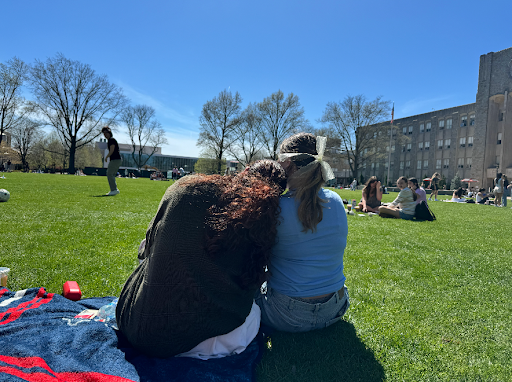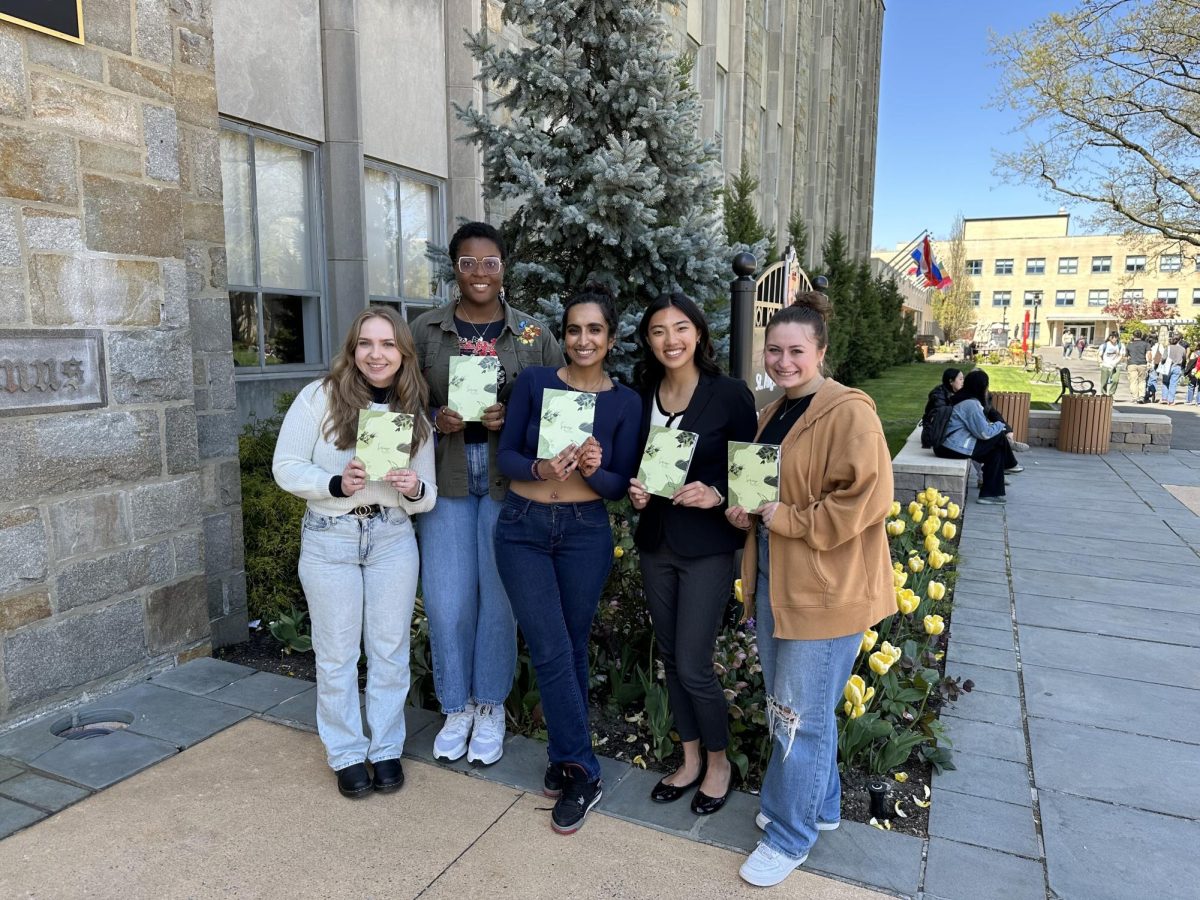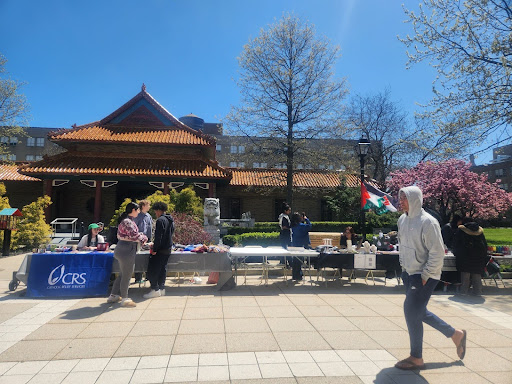In an age of instant gratification, the news media is also immediately able to transmit images and information the moment a story breaks. Such was the case on Sept. 11, 2001.
At 8:42 a.m., ABC became the first major network to show footage of the attack site as smoke billowed from the North Tower of the World Trade Center, according to the 9/11 Commission. Starting at that moment, no other news mattered.
For days, weeks, and months following the attack, the news media was saturated with stories about Sept. 11. Newspapers carried obituaries of those who lost their lives that fateful day; news magazines carried in-depth information about the hijackers and detailed stories about how such an event could have happened; television news stations had up-to-the-minute reports on rescue efforts, political ramifications, and health conditions; and the Internet was filled with bloggers spouting off the latest conspiracies.
Stories about the aftermath of the attack continued dominate the media throughout the year, and well into 2002. Even five years later articles about Sept. 11 are still prominent. News stories covering topics that range from the war in Iraq to the design plans for the Freedom Tower to the latest terrorist plot almost always mention the World Trade Center attack. Features are still written about the victims and their families, and about the survivors.
The Internet and television news media were invaluable during this barrage of updates, especially on the day of the attacks. With the ability to instantly broadcast live footage of the towers being hit and collapsing, as well as the ability to show the world what the people of New York were experiencing, these outlets had a monopoly on the news of the day.
Yet the print media would not be left out of the distribution of information on such a historic day. Across the country, newsrooms were abuzz with activity as editors set to work putting together extra editions focusing on the news of the day. New York’s Newsday was just one of at least 116 dailies to put out special editions that day, according to Poynter.org.
Newspapers the next day were saturated with images and tales of tragedy. From New York to Los Angeles, Paris to Warsaw, readers around the globe were greeted with images of the World Trade Center the following morning. News of the attacks spread in every imaginable language to the far reaches of the world.
The story of hijacked planes and innumerable lives lost needed to be told, and not just in New York. While thousands died, millions more, billions more, were affected. The events that unfolded on that sunny autumn morning changed the world forever.
But Sept. 11, 2001, did not start as one of the most important days in recent history. Prior to becoming the day that defined the way a generation of people would see the world, Sept. 11 was just an ordinary Tuesday. Newspapers were delivered to readers, television stations broadcast their regularly scheduled morning news programs, and the world was just as it had been the day before.
While the world was busy focusing on all of the reports about the World Trade Center, the hijacked planes and the tragedy that was unfolding before the eyes of the world, all of the stories that would have, on any other day, been important, were lost.
Sports scores, local news and even national and international stories were forgotten as media outlets across the country and around the world turned their attention to the terrorist attacks on the United States. No news could compete.
Yet, had Sept. 11 remained just an ordinary Tuesday, what now seem like mundane stories would have been the big news stories of the day.
While not as life-changing as the events that took precedence on that fateful day, the news that ran on Sept. 11, 2001, before the attacks and before the world was forever altered, had earned its place in print and on TV, and deserves to be told.
Because Sept. 11 started out as just another ordinary day.
















